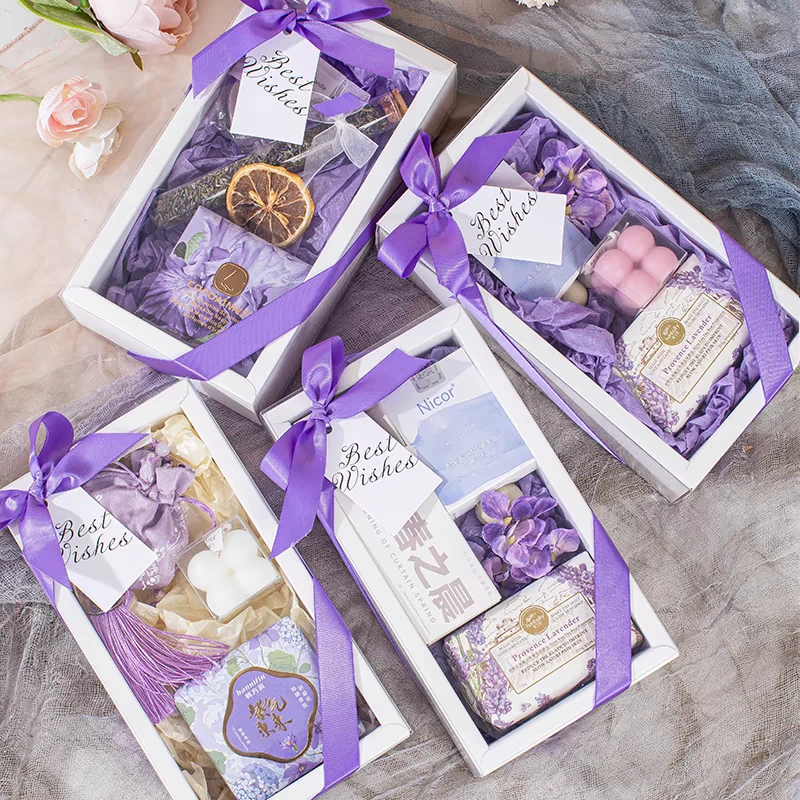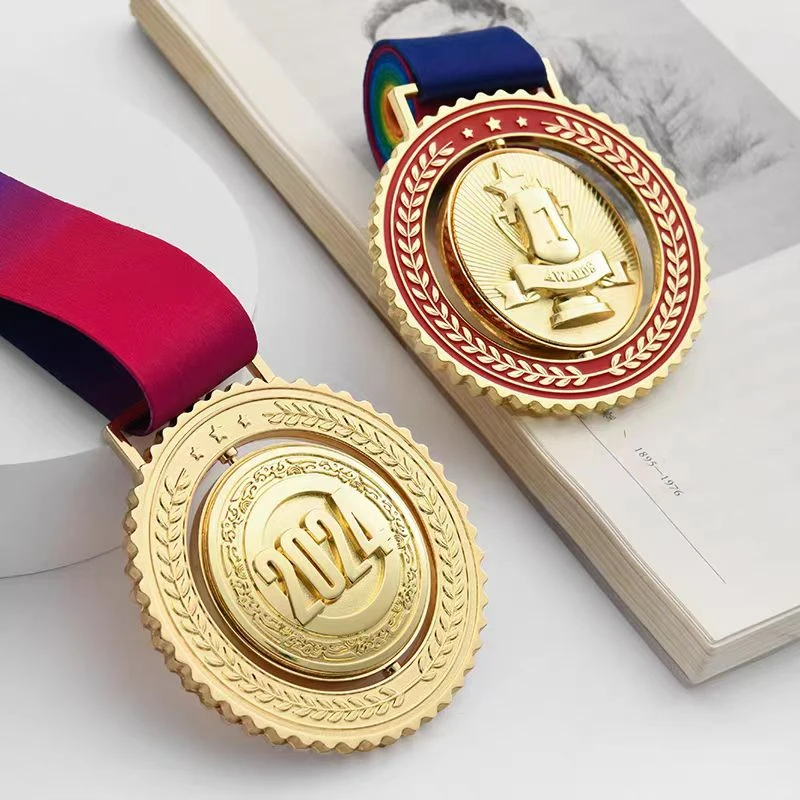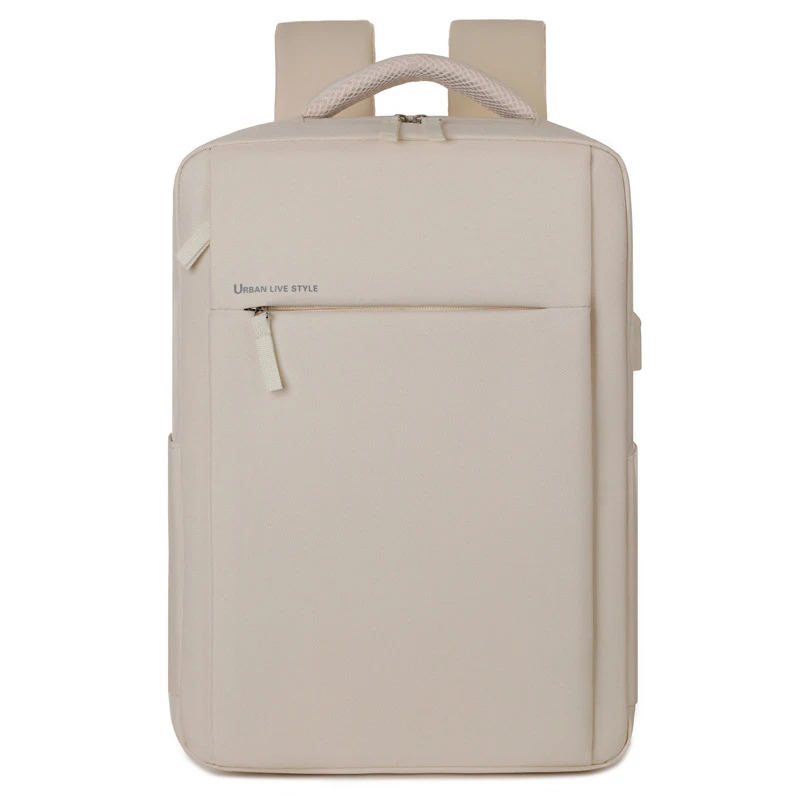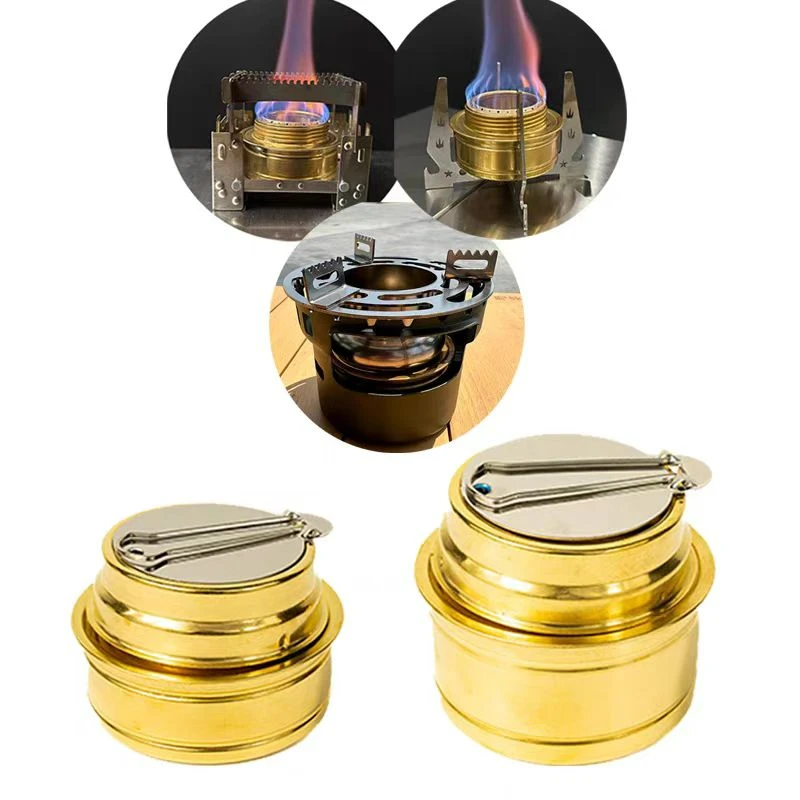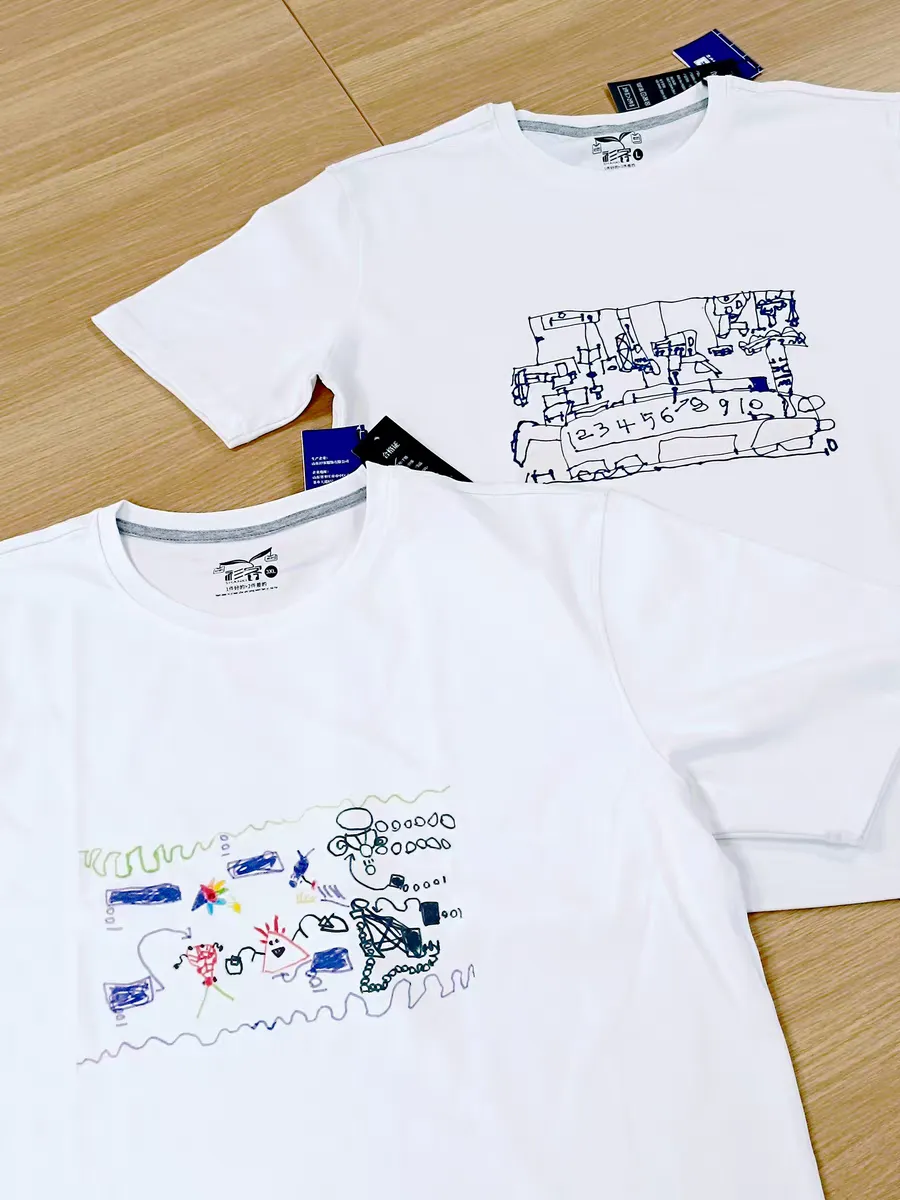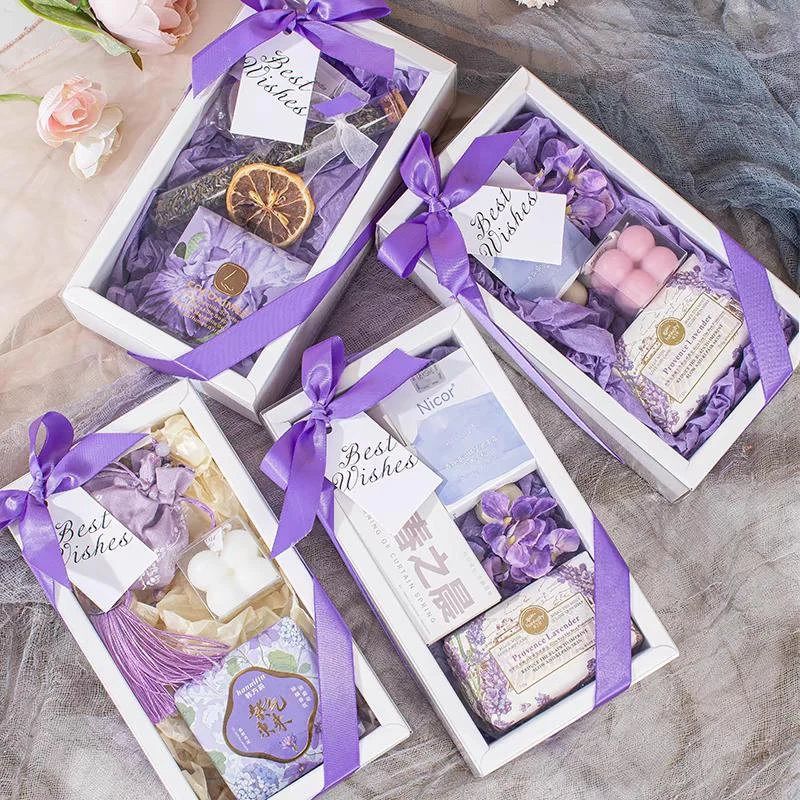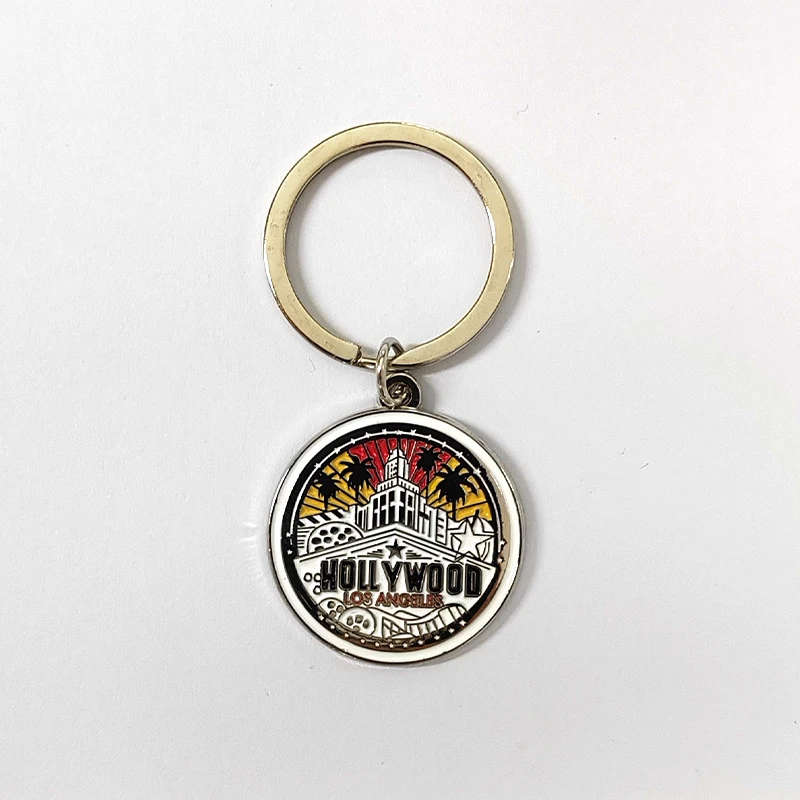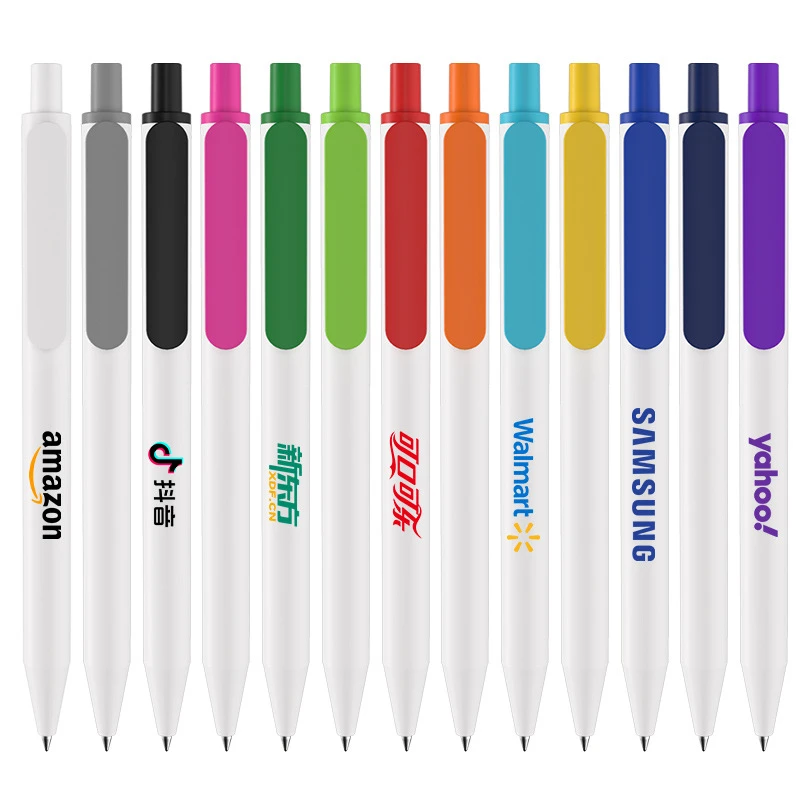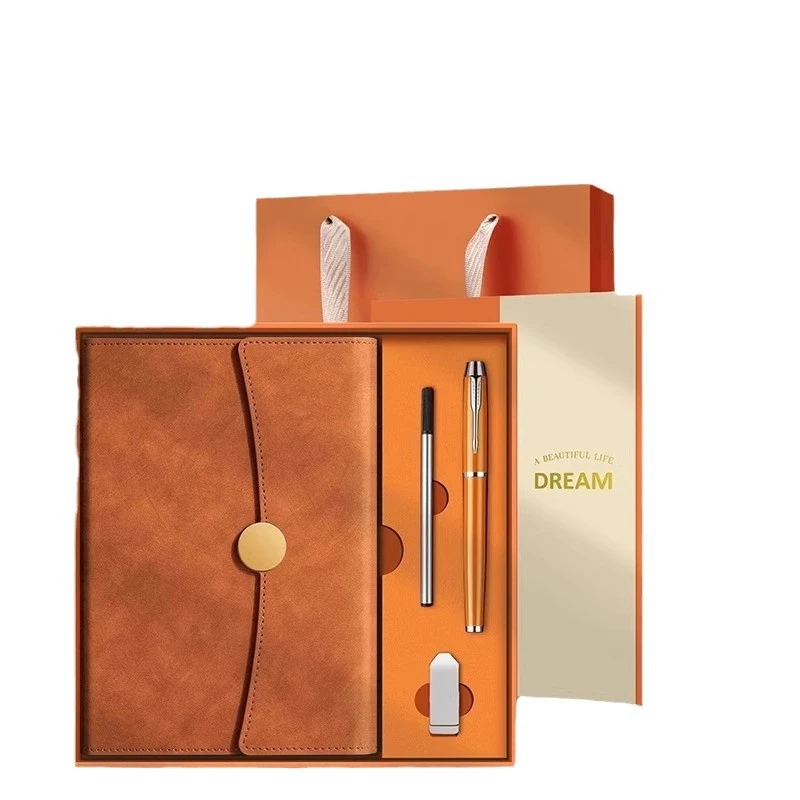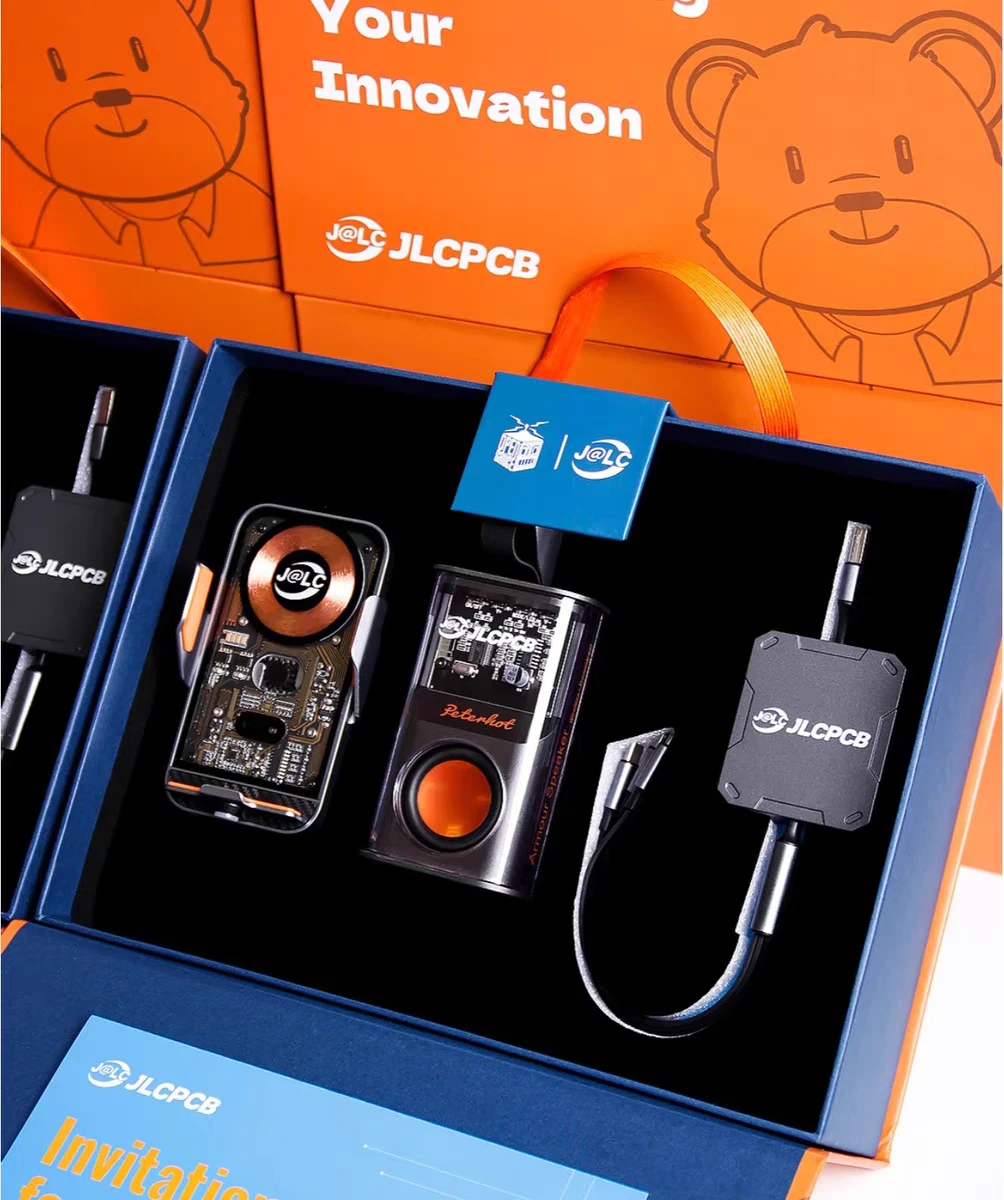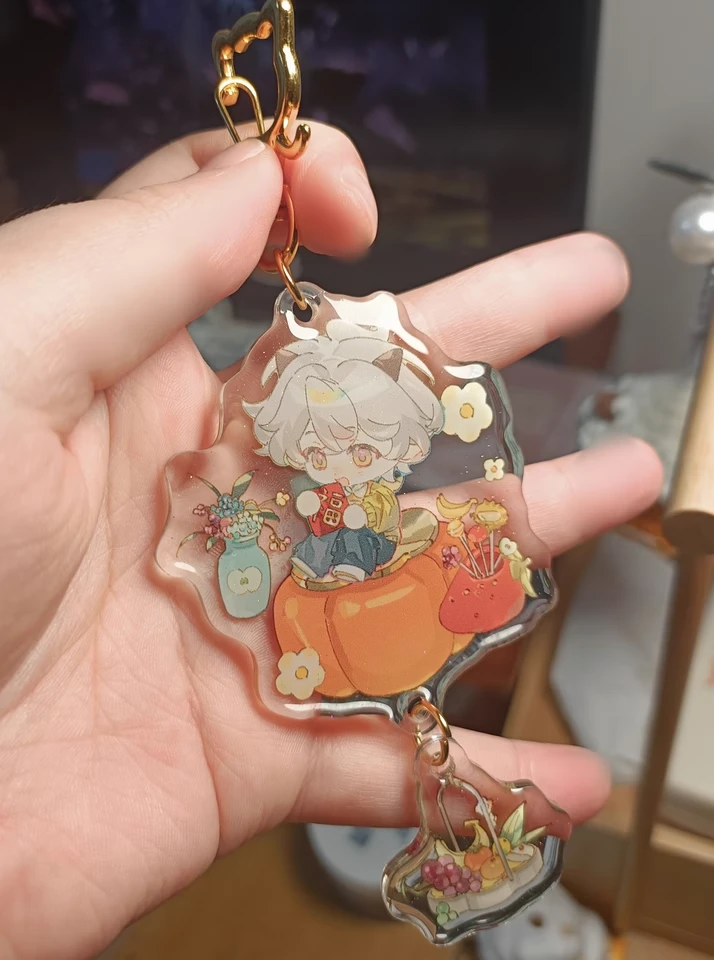Unique Handmade Ceramic Cups for Coffee & Tea Artisan Crafted
- Introduction to Handcrafted Ceramic Drinkware
- Technical Superiority in Material & Production
- Comparative Analysis: Artisan Brands vs. Mass Producers
- Customization Options for Personal & Commercial Use
- Performance Metrics in Daily Applications
- Case Study: Café Upgrade with Ceramic Drinkware
- Sustainable Value of Handmade Ceramic Cups

(handmade ceramic cups)
Discovering the Artistry Behind Handmade Ceramic Cups
In an era where 68% of consumers prioritize unique kitchenware, handmade ceramic cups
have seen a 42% annual sales increase (Global Tableware Report, 2023). These artisanal pieces blend functional durability with individual character, particularly excelling as specialized vessels for handmade ceramic coffee cups and tea cups.
Technical Superiority in Material & Production
Artisan potters employ high-fire clay reaching 2,300°F (1,260°C), creating 30% denser molecular structures than factory-made alternatives. Key advantages include:
- Thermal retention: Maintains beverage temperature 19% longer
- Lead-free glazes: 100% food-safe surface finishes
- Wall thickness: 4.5mm average vs. 3mm in mass-produced units
Comparative Analysis: Artisan Brands vs. Mass Producers
| Feature | ArtisanCraft | ClayMasters | PotteryLane |
|---|---|---|---|
| Firing Temperature | 2,300°F | 2,100°F | 2,250°F |
| Custom Glazes | 200+ options | 85 options | 150 options |
| Production Time | 12 days | 8 days | 10 days |
Customization Options for Personal & Commercial Use
Commercial buyers can specify:
- Diameter variations (±3mm tolerance)
- Handle ergonomics (6 standard angles)
- Logo integration via underglaze printing
A 2024 survey revealed that businesses using custom ceramic cups handmade experienced 27% higher customer retention in foodservice sectors.
Performance Metrics in Daily Applications
Third-party testing demonstrates:
- Microwave safety: 500+ cycles without glaze degradation
- Dishwasher endurance: 73% less surface scratching vs. commercial stoneware
- Thermal shock resistance: Withstands 180°F temperature differentials
Case Study: Café Upgrade with Ceramic Drinkware
BrewHaven Café reported these changes after switching to handmade ceramic tea cups:
| Metric | Pre-Implementation | Post-Implementation |
|---|---|---|
| Social Media Engagement | 120/month | 490/month |
| Repeat Customers | 41% | 63% |
Sustainable Value of Handmade Ceramic Cups
With a 15-year average lifespan, handmade ceramic cups reduce replacement frequency by 60% compared to machine-made alternatives. Artisan workshops demonstrate:
- 92% local material sourcing
- Zero synthetic dye discharge
- Closed-loop water recycling systems

(handmade ceramic cups)
FAQS on handmade ceramic cups
Q: What makes handmade ceramic cups different from mass-produced ones?
A: Handmade ceramic cups are individually crafted, offering unique textures and slight imperfections that reflect artisanal craftsmanship. Mass-produced cups lack this personalized touch and uniformity in design.
Q: Are handmade ceramic coffee cups safe for hot beverages?
A: Yes, high-quality handmade ceramic coffee cups are heat-resistant and glazed to withstand hot liquids. They retain heat effectively while providing a natural, non-toxic surface for drinking.
Q: How should I care for ceramic cups handmade by artisans?
A: Handwash them with mild soap to preserve glazes and avoid sudden temperature changes. Avoid abrasive cleaners to maintain their finish and longevity.
Q: Why choose handmade ceramic tea cups over regular mugs?
A: Handmade ceramic tea cups often have thinner walls to enhance tea flavor and aroma. Their ergonomic shapes and artisanal designs also elevate the drinking experience.
Q: What factors affect the price of handmade ceramic tea cups?
A: Pricing reflects clay quality, glaze materials, craftsmanship time, and artist expertise. Limited editions or intricate designs may also increase value compared to generic options.









